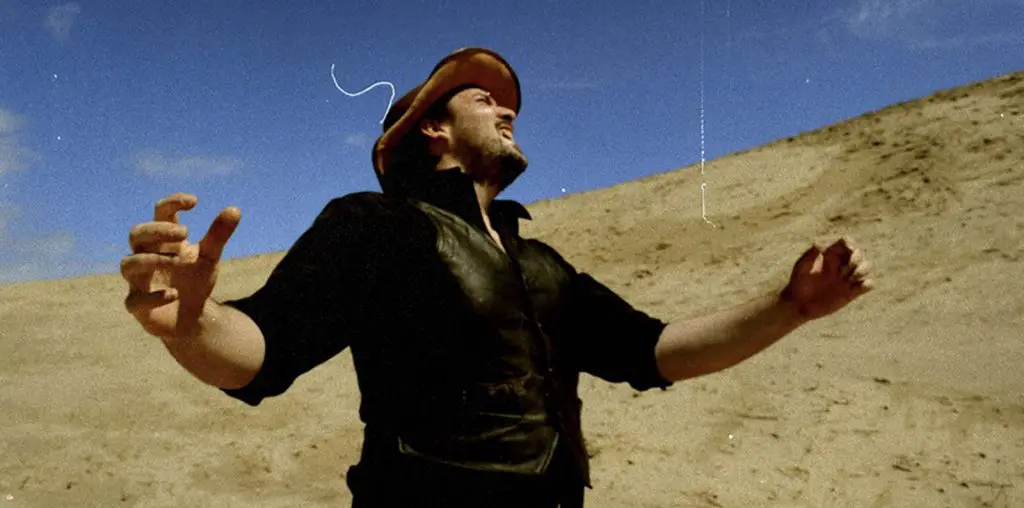
Thomasina a.k.a. “Tommy” (a painfully winsome Nicole Ari Parker) and George Washington (Isaiah Washington) both came of age as television really hit its stride. It seems only natural, then, that they would both pursue careers in the television industry. When Tommy, an idealistic African-American sitcom writer gets dumped for arguing a show’s idiotic writing — imagine that — she finds herself pitching her own show at a UPN/WB-like start-up network. There she meets George, the only African-American executive at the weblet, who’s intrigued as much by her surprisingly intelligent pitch as he is her stunning beauty. After George’s intensive lobbying, “Just Us,” a sort of “People’s Court” meets “Diff’rent Strokes,” gets green lighted. When Tommy casts James (Vicellous Shannon), an untrained, charismatic ex-gangbanger with a toddler and a broken heart whom she met selling candy on a street corner, the show goes on the air and rockets to the top of the ratings as fast as Tommy and George fall in love. Nothing lasts forever, however, especially in television. As the ratings for “Just Us” begin to slip, the network pushes Tommy to make it “funnier”; starting a gradual dumbing-down of the show that only accelerates as James’ ego grows and Tommy and George’s relationship crumbles under the pressure. As the season finale approaches, all three principles struggle to balance their own career needs and ideals with industry demands and personal desires. Sitcom, hell. Reggie Rock Bythewood’s tragi-comic riff on the television industry and relationships within the entertainment world has more heft to it than all the network “newsmagazines” put together. A relationship film at its core, “Dancing in September” also provides an unflattering glimpse inside the mysteries of network television, as seen from an African-American perspective, while touching on such hot-button social issues as single parenting, the influence of TV violence on younger viewers, the intractability of youth gang problems and, of course, race relations. While especially timely given the newfound momentum to establish more ethnic diversity across America’s TV dial, “Dancing in September” also explores how quickly idealism can fall prey to pragmatic rationalization, if not completely subverted by pure ambition. Bythewood’s script is a little on-the-nose sometimes while the inclusion of an interview-laden “Just Us” behind the scenes documentary, that never really ties into anything, is one thread too many. Bythewood gets his point across, however, while crafting an entertaining film that’s accessible to all races…although the film’s much-needed message would have been a far easier pill for all audiences to swallow had there been at least one sympathetic white character. Still, if, as George believes, shows like “Amos ‘N Andy” snuck in through TV’s back door so that he, Tommy and others of color could enter the front, “Dancing in September” not only opens that front door wider, it lays down a “Welcome” mat while it’s at it.

